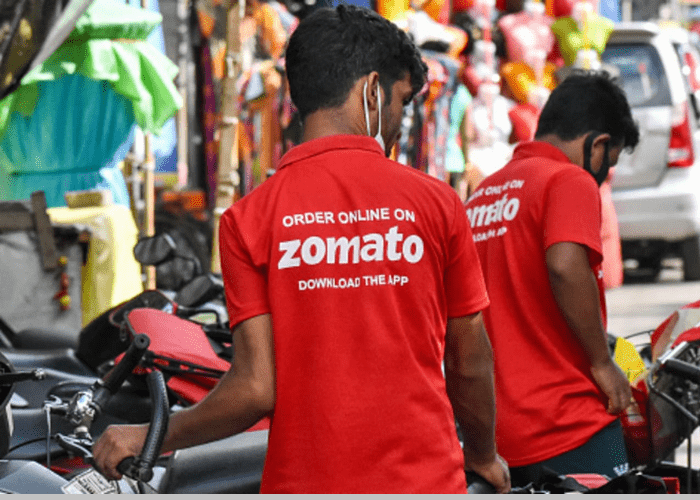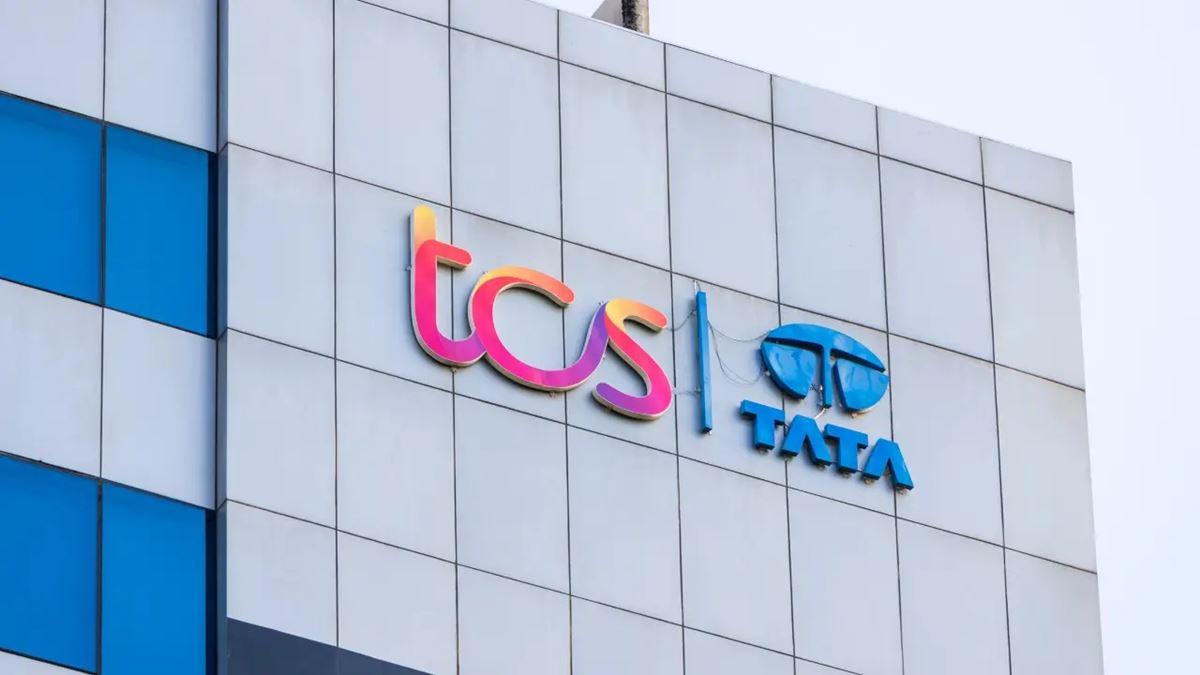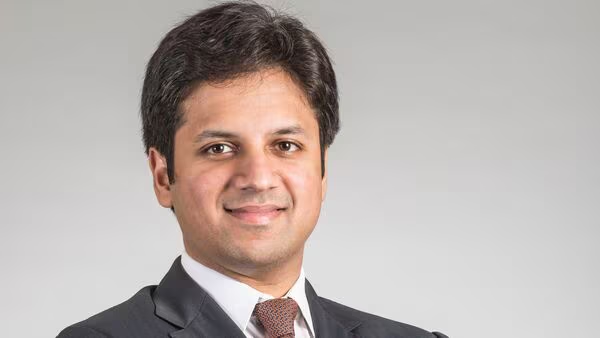Rajesh Sawhney didn’t mince words. In a sharp warning aimed at Indian parents, the veteran angel investor and founder of startup accelerator GSF challenged a long-held belief: that a US master’s degree guarantees a lucrative tech career. “This hack works no more,” he declared, spotlighting a route often taken by IIT graduates — pursuing an MS in the US to land a $200,000 job. That shortcut, he said, is now broken.
In a post on X (formerly Twitter), Sawhney wrote, “There are no jobs in USA, Canada and UK for International students. Honeymoon is over, parents should think twice before spending crores on the expensive education. Engg students especially IITians had an easy hack, do masters in the US and get a $200K starting tech job. This hack works no more.”
His remarks come amid the US government’s tightening grip on immigration policies, particularly those involving H-1B and student visas — a move that’s having ripple effects across India’s academic and tech communities.
The H-1B visa, a gateway for thousands of Indian tech professionals, is under intensified scrutiny. In 2025, registrations dipped to around 344,000 — the lowest in four years. Tighter selection rules and a crackdown on fraud have led to increased documentation requirements, longer wait times, and steeper costs.
Meanwhile, Indian students — who make up about 30% of international enrollees in the US — are grappling with fresh hurdles. F-1 visa interview slots are backed up by months in key hubs like Hyderabad. And proposals to roll back the Optional Practical Training (OPT) program are threatening the limited job opportunities that remain post-graduation.
Taken together, these developments signal a seismic shift. For many Indian families weighing the cost of an international degree, Sawhney’s cautionary post might serve as a wake-up call: the old playbook no longer applies.




















